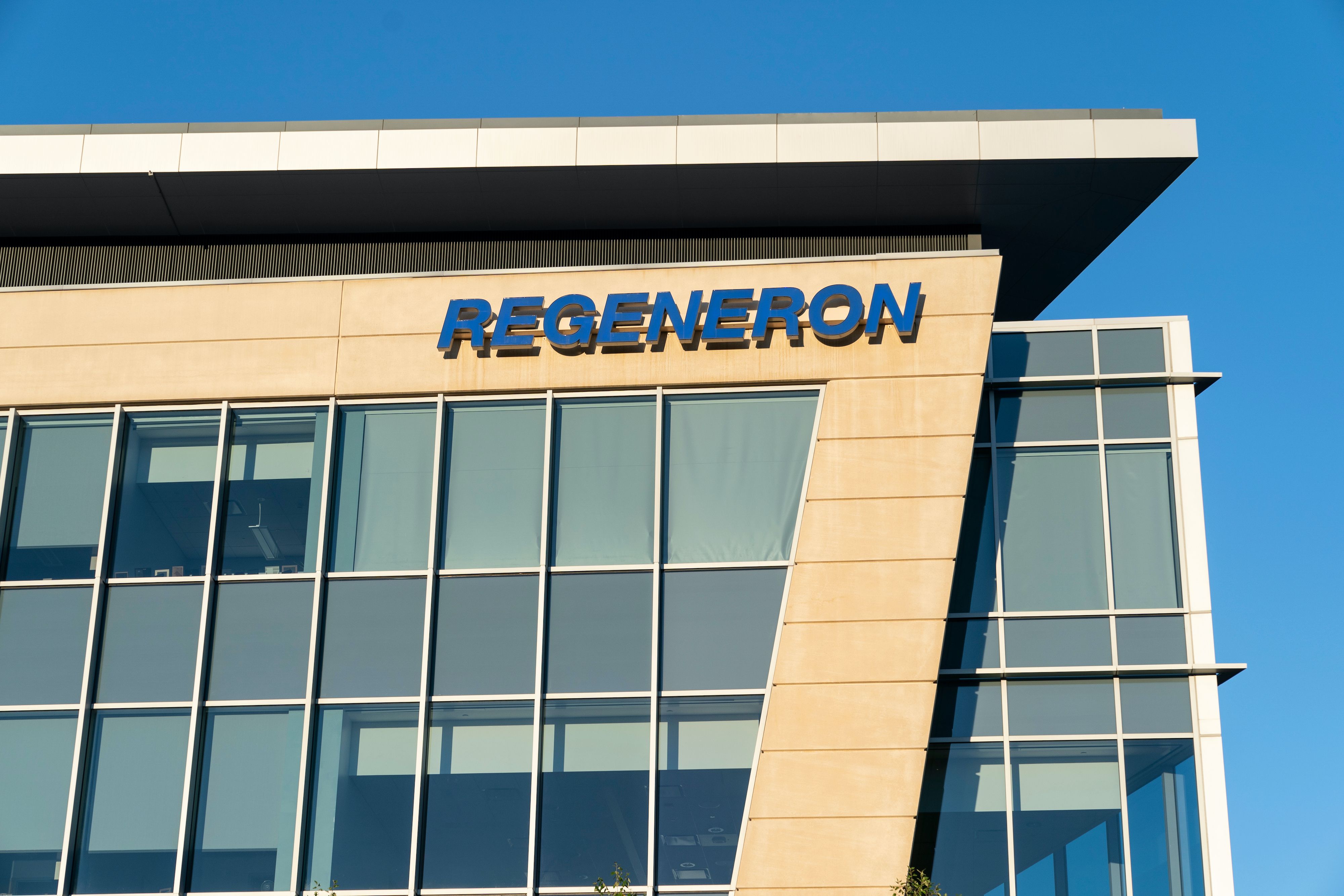Science’s COVID-19 reporting is supported by the Pulitzer Center and the Heising-Simons Foundation.
A second company has provided preliminary evidence that proactively infusing healthy people with monoclonal antibodies against SARS-CoV-2 prevents them from developing noticeable symptoms of COVID-19 if they are exposed to the coronavirus. In a press release today, Regeneron revealed that when it gave a cocktail of two of those antibodies to 186 people living in a house with someone who had COVID-19, none developed symptomatic disease.
The trial is ongoing, and the results have not yet posted as a preprint, let alone been published in a peer-reviewed journal. Yet the company says an analysis of nasal swabs from its study showed the people who received the antibodies and became infected had significantly lower levels of the virus in their nose and shed virus for a shorter time than those in the placebo group who contracted SARS-CoV-2.
Eli Lilly 5 days ago issued its own press release about a COVID-19 study in nursing home residents that found 80% protection from symptomatic disease when its single monoclonal antibody against SARS-CoV-2 was used as a preventive. Given that several vaccines already protect against symptomatic COVID-19, many questions remain about how to apply this prevention strategy, especially because monoclonals are expensive and must be infused.
The one obvious advantage to the monoclonals is that they work immediately—a person takes weeks to develop solid immunity after a vaccine shot—and they also presumably would be effective in immune compromised people who don’t mount strong immune responses after being vaccinated. “This approach could protect patients receiving chemotherapy for cancer, enable control/prevention of outbreaks in an institutional setting, and reduce pressure on health services,” clinician Penny Ward of King’s College London said in a comment to the U.K. Science Media Centre.
The U.S. Food and Drug Administration has granted emergency use authorizations to Eli Lilly and Regeneron for their monoclonals to be used as COVID-19 treatments in certain populations, and the companies plan to ask for a similar designation for prevention.
COVID-19 Update: The connection between local and global issues–the Pulitzer Center's long standing mantra–has, sadly, never been more evident. We are uniquely positioned to serve the journalists, news media organizations, schools, and universities we partner with by continuing to advance our core mission: enabling great journalism and education about underreported and systemic issues that resonate now–and continue to have relevance in times ahead. We believe that this is a moment for decisive action. Learn more about the steps we are taking.
